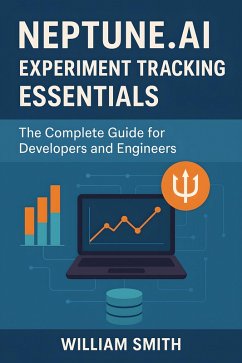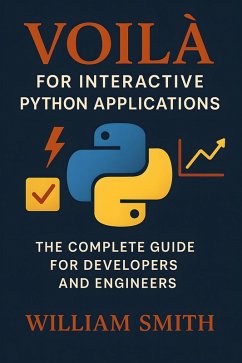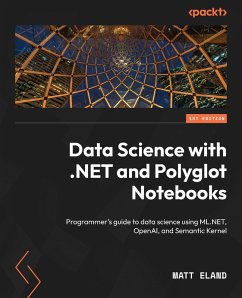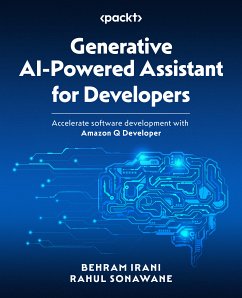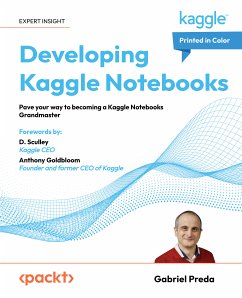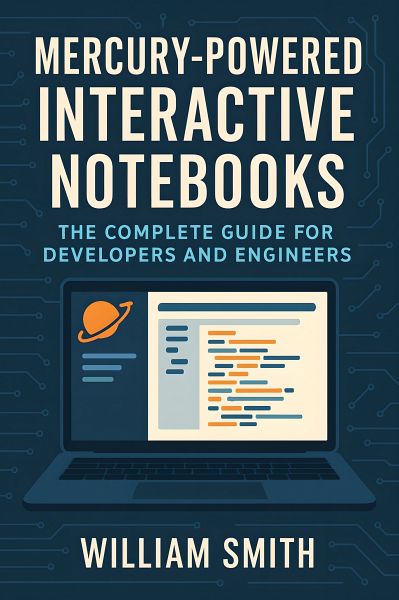
Mercury-Powered Interactive Notebooks (eBook, ePUB)
The Complete Guide for Developers and Engineers
Sofort per Download lieferbar
8,48 €
inkl. MwSt.

PAYBACK Punkte
0 °P sammeln!
"Mercury-Powered Interactive Notebooks" "Mercury-Powered Interactive Notebooks" is a comprehensive exploration of the next generation of computational notebooks, designed for technical leaders, developers, and data professionals striving to push the boundaries of interactivity and reproducibility. This authoritative guide begins by tracing the evolution of interactive notebooks, from their early inception to the cutting-edge innovations powering today's computational environments. Through incisive analyses of traditional limitations and architectural patterns, it illuminates the motivations be...
"Mercury-Powered Interactive Notebooks" "Mercury-Powered Interactive Notebooks" is a comprehensive exploration of the next generation of computational notebooks, designed for technical leaders, developers, and data professionals striving to push the boundaries of interactivity and reproducibility. This authoritative guide begins by tracing the evolution of interactive notebooks, from their early inception to the cutting-edge innovations powering today's computational environments. Through incisive analyses of traditional limitations and architectural patterns, it illuminates the motivations behind Mercury's design principles and its unique approach to enhancing both user and developer experience. At its core, the book offers an in-depth examination of Mercury's robust system architecture, featuring support for polyglot kernels, reactive execution, and advanced plugin capabilities. Readers will learn how Mercury fosters seamless interoperability across languages, delivers high-performance parallel and distributed computations, and empowers data visualization, real-time collaborative editing, and parameterized workflow authoring. Detailed chapters demystify topics such as secure sandboxed execution, diagnostics and kernel health, sophisticated data engineering and ML pipeline orchestration, and reproducible production deployment using modern DevOps practices. As the narrative progresses, "Mercury-Powered Interactive Notebooks" expands its focus to strategic enterprise concerns, including security, compliance, scalability, and cross-organization collaboration. The book concludes by envisioning the future of interactive computing, highlighting Mercury's innovative integration with AI, domain-specific extensions, quantum and edge computing, and responsible stewardship in digital science. Packed with actionable insights, best practices, and forward-looking perspectives, this is an essential resource for those building or scaling modern, secure, and extensible interactive notebook platforms.
Dieser Download kann aus rechtlichen Gründen nur mit Rechnungsadresse in A, B, BG, CY, CZ, D, DK, EW, E, FIN, F, GR, H, IRL, I, LT, L, LR, M, NL, PL, P, R, S, SLO, SK ausgeliefert werden.





